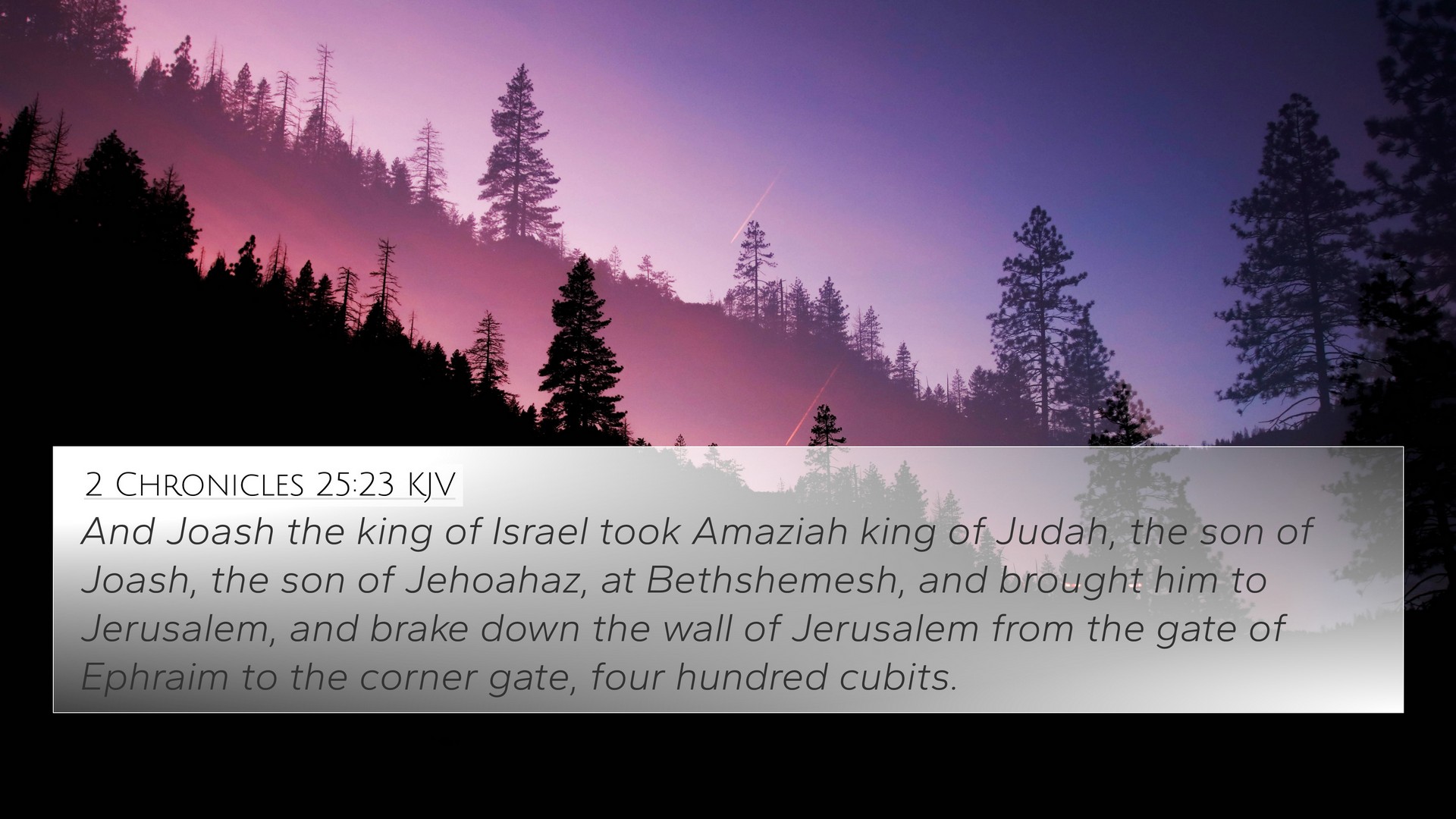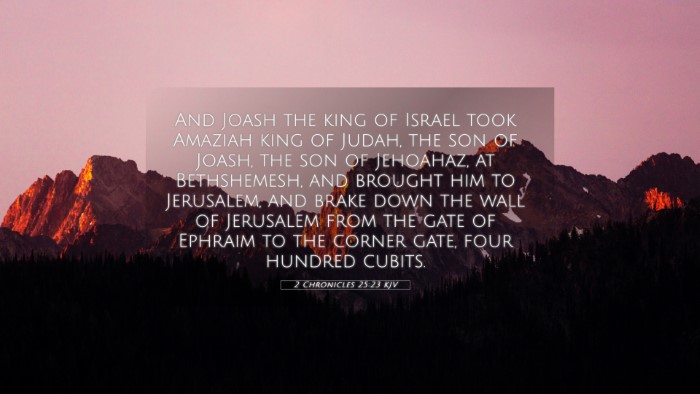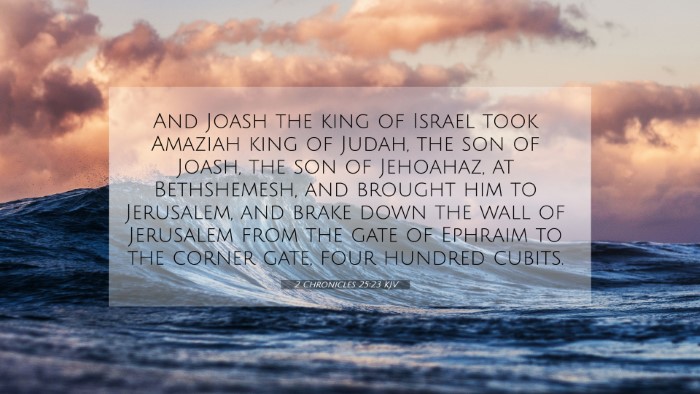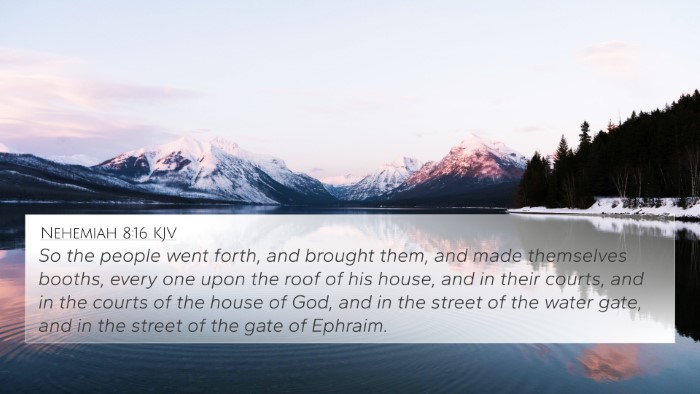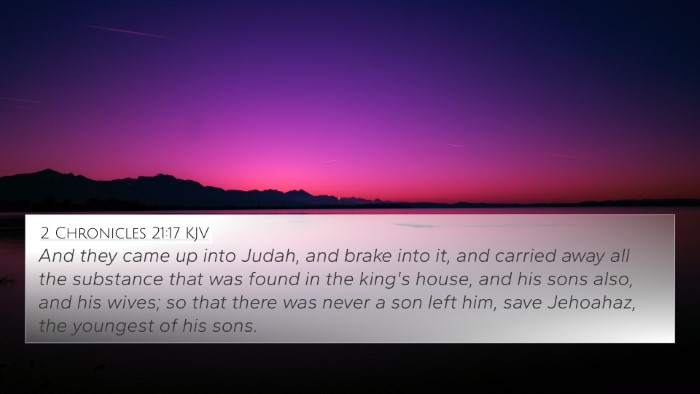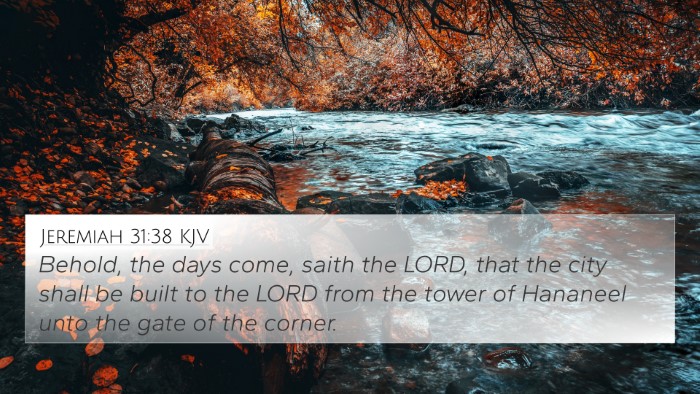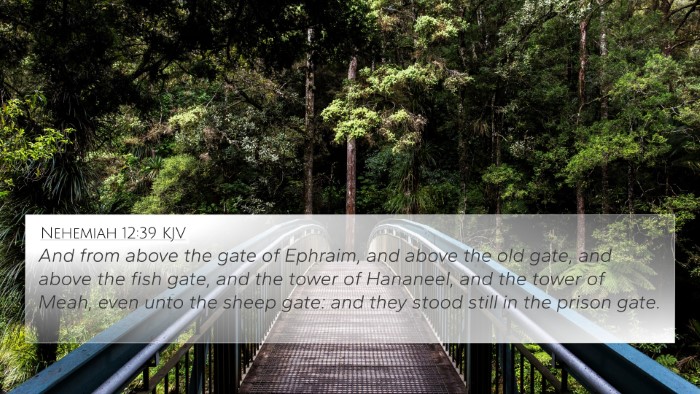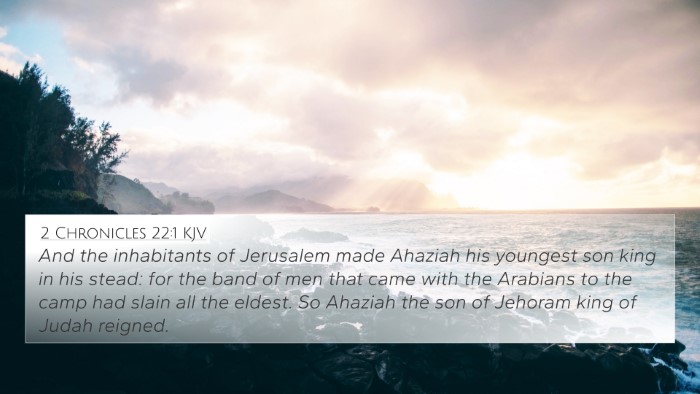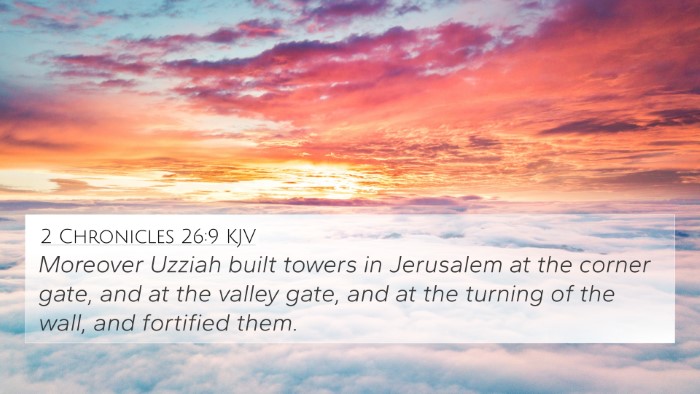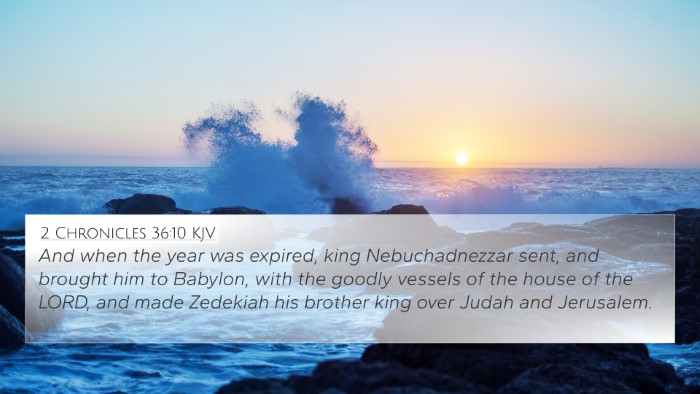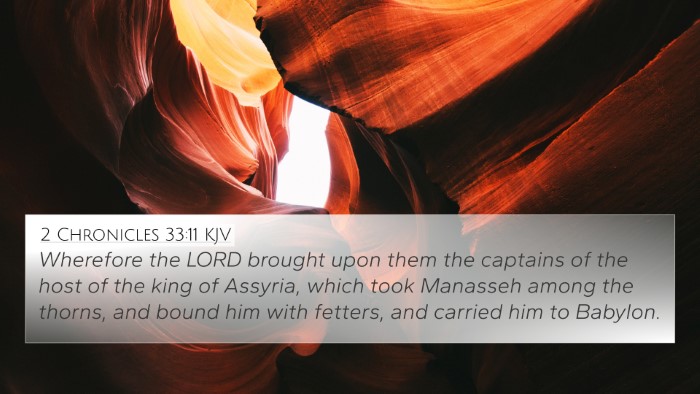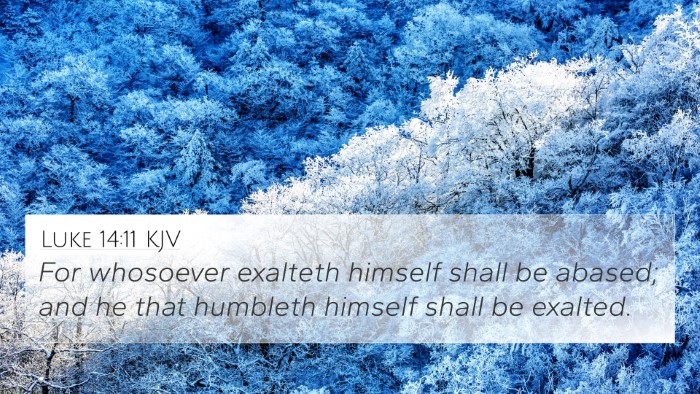Understanding 2 Chronicles 25:23
Verse: "And Joash the king of Israel took Amaziah king of Judah, the son of Joash, the son of Ahaziah, at Bethshemesh, and brought him to Jerusalem, and brake down the wall of Jerusalem from the gate of Ephraim to the corner gate, four hundred cubits."
Summary of the Verse
This verse describes the military conflict between Joash, the king of Israel, and Amaziah, the king of Judah. It highlights significant events where Joash defeats Amaziah, captures him, and destroys part of the city walls of Jerusalem. This incident serves as a critical moment in the history of the divided kingdoms of Israel and Judah.
Interpretation Insights
-
Matthew Henry:
Henry emphasizes the consequences of overconfidence in Amaziah's leadership, noting that his defeat results from a combination of foolish pride and the underestimation of his adversary. The verse illustrates the destructive capacity of external powers on Jerusalem, serving as a warning against rebellion and a reminder of divine judgment when leaders stray from God's will.
-
Albert Barnes:
Barnes highlights the significance of the geographical and strategic implications of Joash's actions. The mention of specific gates signifies the direct attack on Jerusalem's defenses. He views this event as a pivotal moment that solidifies the power dynamics between the northern kingdom of Israel and the southern kingdom of Judah.
-
Adam Clarke:
Clarke discusses the historical context and characterization of both kings. He notes that Amaziah's prior military successes likely led him to overreach, prompting this confrontation. Clarke also mentions the symbolic act of breaking down the walls, which represents a breach of security not only in a physical sense but also in a spiritual one, as it indicates a failure in faith and reliance on God’s protection.
Cross-References and Connections
This verse connects with various other scriptures, providing deeper insights into the themes of leadership, divine judgment, and the relationship between Israel and Judah. Below are some of these significant cross-references:
- 2 Kings 14:13-14: Details Joash's actions against Amaziah and the plundering of Jerusalem, providing a narrative parallel.
- Amos 1:3: Discusses judgments against Israel's enemies, relating to the theme of divine retribution highlighted by Joash's victory.
- 2 Chronicles 14:8-11: Shows earlier successes of Judah under Asa, contrasting Amaziah’s failure and setting a tone of disappointment.
- Micah 1:9: Speaks of the destruction of Jerusalem, reinforcing the prophetic themes of judgment that fit with Joash's actions.
- Isaiah 36:1: Discusses attacks on Jerusalem, connecting the narrative of military conflicts and God’s protection.
- Jeremiah 30:10: God’s promises to restore Israel, contrasting this moment of loss in the face of disobedience.
- 2 Kings 11:4-12: The narrative of royal history and the importance of leadership in Israel and Judah, showing the continuity of challenges faced by the kings.
Thematic Connections
The overarching themes present in this verse resonate throughout the Bible:
- Leadership and Responsibility: This verse illustrates the dire consequences of poor leadership decisions and the pride of kings.
- Divine Judgment: It serves as a reminder that God's will prevails, and disobedience can lead to downfall.
- The Conflict between Israel and Judah: Reflects ongoing hostilities, evaluating the divided kingdom’s fate.
- Military Might versus Spiritual Strength: The narrative exemplifies how reliance on military power over divine support can lead to ruin.
Conclusion
2 Chronicles 25:23 serves not only as a historical account but also as a rich source for spiritual reflection and thematic exploration. Leaders are reminded of the heavy weight of their decisions, while the faithful are encouraged to trust in God over the might of armies. Cross-referencing this verse with wider Biblical texts provides comprehensive insights into the themes of leadership, judgment, and the repercussions of pride. By utilizing tools for Bible cross-referencing and a Bible concordance, readers can enhance their understanding of these interconnected messages.
